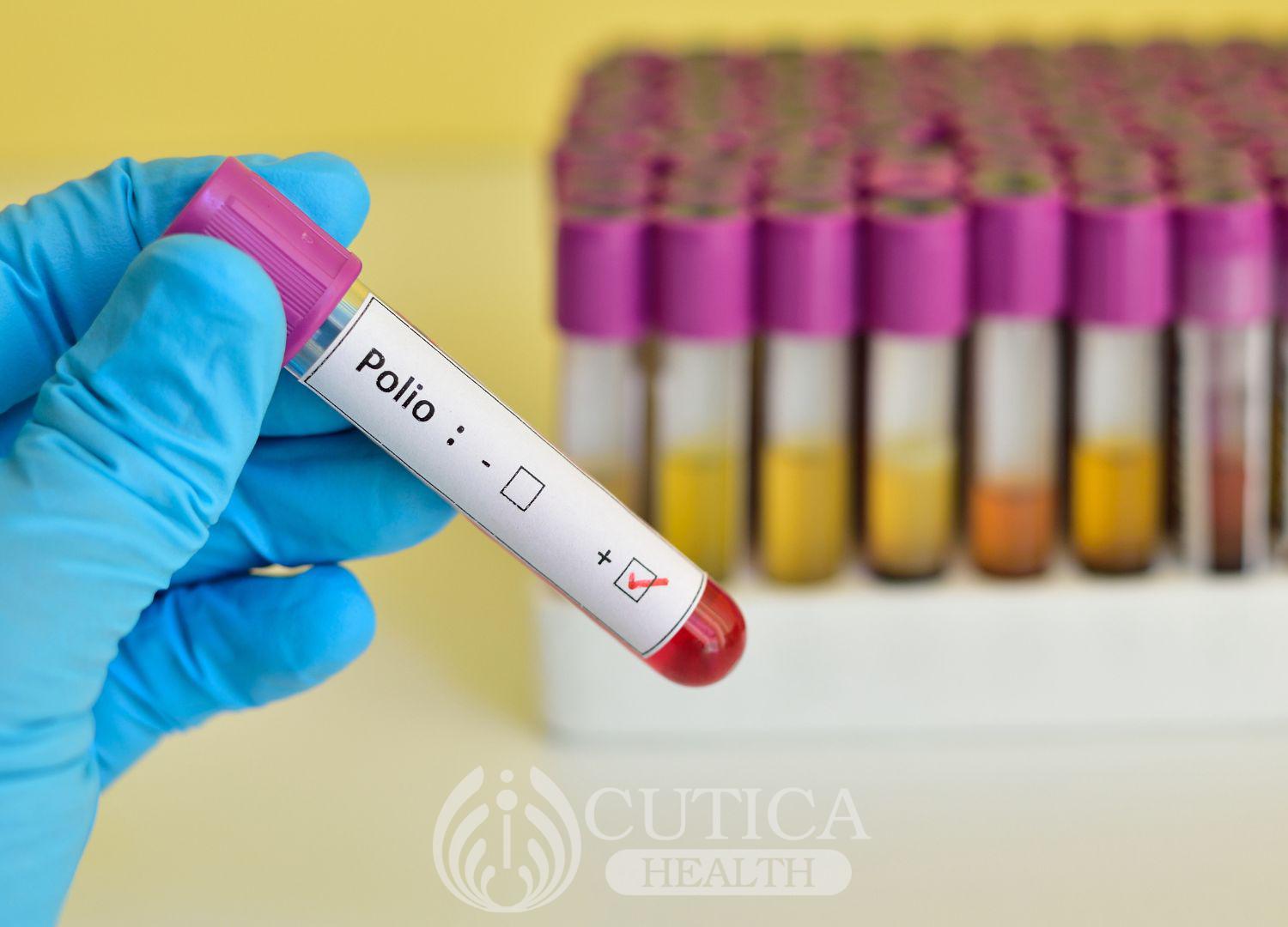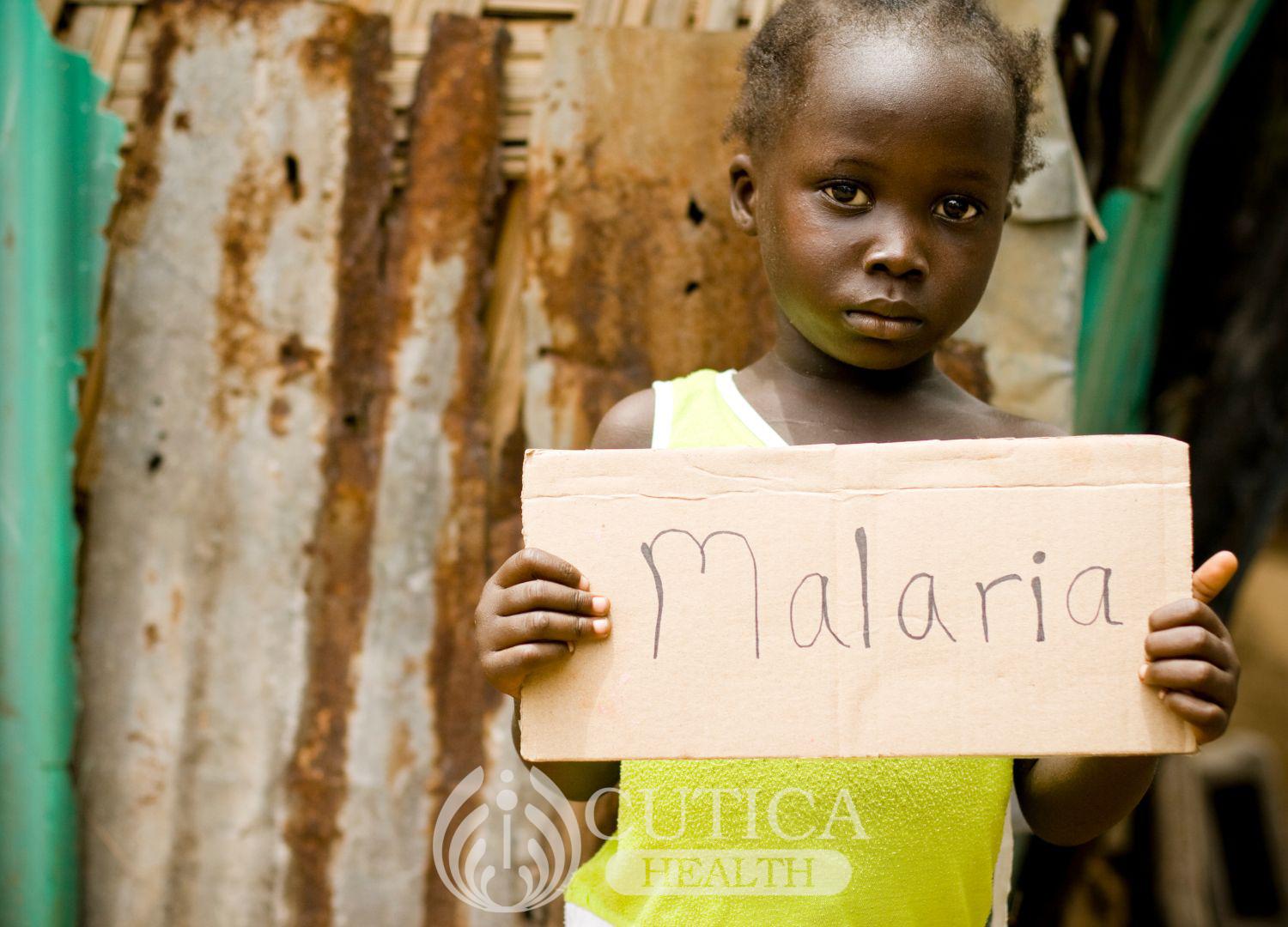
Aishat was feverish for the second time in the last three days and this time she was sweating. She has been pregnant and is now just a month away from her delivery date. She, however, had not felt this ill in a long time and was worried about her baby. She quickly took a cab to the primary health care centre where she attends her antenatal care clinic routinely. The doctors said she had malaria and would need to be admitted. “But it’s just malaria doctor”, Aishat said.
Introduction
Malaria, a common
mosquito-borne disease poses a significant threat to pregnant women and their unborn children. In regions where malaria is endemic, such as sub-Saharan Africa and parts of Asia and Latin America, expectant mothers face an increased risk of complications. The impact of malaria on pregnancy necessitates various preventive measures and treatment strategies to safeguard the health of both mother and baby.
How Important is Malaria in Pregnancy?
Malaria during pregnancy is a serious health concern, primarily caused by the Plasmodium falciparum parasite. Pregnant women experience changes in their immune system, making them more susceptible to malaria infection. Additionally, the infection can have severe consequences, including maternal anaemia, low birth weight, preterm birth, and even maternal death. These complications have dire consequences for pregnant women and their unborn children.

What are the Risks and Complications?
Maternal Anaemia: Malaria can lead to a decrease in red blood cell count, resulting in anaemia for the expectant mother. This condition can impact both the mother's health and the development of the foetus. A reduction in the red cell count impacts the nutrition of the foetus and also that of the mother as well as other effects on the mother’s heart.
Low Birth Weight: Malaria increases the risk of delivering a baby with low birth weight, which is associated with a higher likelihood of early neonatal death (i.e., death before the completion of the first 28 days of life) and problems with normal development.
Preterm Birth: Pregnant women with malaria are at an elevated risk of giving birth prematurely, increasing the chances of complications for the newborn. This is because premature birth, birth before 37 completed weeks of pregnancy, puts the newborn at risk of complications such as temperature dysregulation, infections, and breathing difficulties.
What are the Proposed Preventive Measures?
Bed Nets: The use of insecticide-treated bed nets is a highly effective preventive measure. Sleeping under an insecticide-treated mosquito bed net helps protect pregnant women from mosquito bites, reducing the risk of malaria transmission. These nets are a major component of preventive malaria strategies as an overall reduction in mosquito bites results in a reduction of malaria cases.
Antimalarial Medications: In malaria-endemic areas, pregnant women may be prescribed antimalarial drugs to prevent infection. However, the choice of medication should be carefully considered based on the local prevalence of drug-resistant malaria strains.
Intermittent Preventive Treatment (IPT): IPT involves administering antimalarial drugs at scheduled intervals during pregnancy, regardless of whether the woman is infected. This approach aims to reduce the burden of malaria and its associated complications and works best in the absence of an ongoing malaria infection. IPT is an important component of antenatal care and this emphasizes the need for continuous care and monitoring of the pregnant woman and her unborn child.
What about Treatment Strategies?
Prompt Diagnosis: Early diagnosis is crucial for managing malaria in pregnant women. Rapid diagnostic tests and microscopic examination of blood smears help healthcare providers identify the infection and initiate timely treatment. If infections are detected on time, treatment can commence immediately and the risk of complications following late treatment is reduced.
Antimalarial Drugs: The choice of antimalarial medication for pregnant women depends on factors such as the severity of the infection and drug safety. Artemisinin-based combination therapies (ACTs) are commonly recommended, as they are effective against the P. falciparum parasite. Other therapies can be used based on the healthcare provider’s compliance with data-proven treatment protocols.
Close Monitoring: Pregnant women diagnosed with malaria should receive close monitoring to track their response to treatment and address any emerging complications promptly. Complications such as anaemia can be treated with blood transfusion or medications as appropriate.
Conclusion

Malaria in pregnancy is a serious health risk that demands attention and comprehensive measures for prevention and treatment. By employing preventive strategies, we can significantly reduce the impact of malaria on both maternal and child health. Healthcare providers, policymakers, and communities must collaborate in the fight against malaria to ensure safe pregnancies and healthy outcomes for expectant mothers and their babies.












